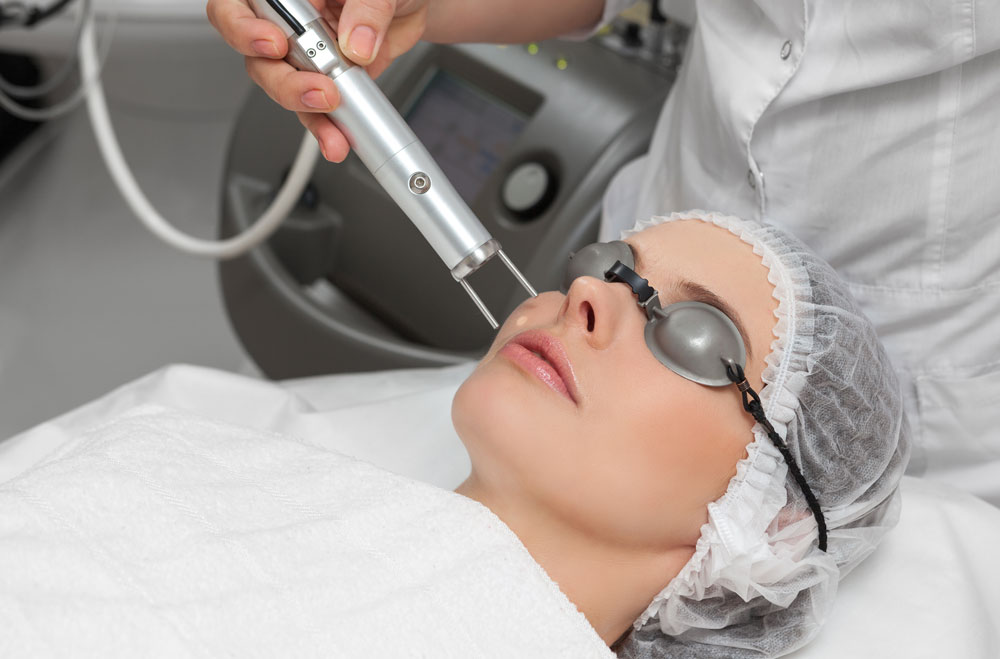Premature ejaculation is the process of ejaculating prior to vaginal penetration. This condition can be both lifelong and acquired and may cause negative personal consequences such as avoidance of sexual intimacy. There are two different types of precocious ejaculation: lifelong, which occurs from the time of the first coitus, and acquired, which occurs after successful sexual intercourse. Psychogenic ED, also known as performance anxiety, is another form of ED. It is characterized by stress. The medical history of a patient will reveal any conditions, diseases, or medications that may be contributing to impotence.
A doctor will most likely perform a blood test to diagnose ED. A complete blood count can help determine whether anemia is the cause of ED. Low red blood cell count can cause fatigue and erection failure. Fortunately, many insurance plans cover treatments for ED. It is important to check with your insurer to determine if your insurance covers sexual dysfunction. Otherwise, you may end up paying thousands of dollars out of pocket.
While ED usually becomes more common as men get older, it is possible for men to be sexually active well into their 80s. The loss of erectile capacity can affect a man’s overall quality of life. However, most men can successfully treat ED with proper medication and lifestyle changes. If your doctor suspects an underlying medical problem, they can start a treatment plan that will improve your overall health.
Physical causes of erectile dysfunction include increasing age, diabetes mellitus, and hypertension. Psychotropic medications are also a risk factor. Psychosocial factors can also cause ED, including stress, depression, and anxiety. Moreover, some causes of ED can also be triggered by substance use. For example, tobacco use and antidepressants can cause erectile dysfunction. Therefore, a doctor should examine a patient’s lifestyle and look for any potential underlying health issues.
The principles underlying the treatment of erectile dysfunction are the same in all cases: the restoration of sexual function, improving overall health, and maximizing QoL for the man and his partner. However, every man is different and presents with unique symptoms. He also brings his associated health conditions and sociocultural, educational, and religious context to the clinical encounter. An appropriate treatment plan must address all these issues and provide solutions for each patient.
Whether the symptoms are psychological or physical, ED treatment is important. Various tests and questionnaires are available for screening. In younger men with severe pelvic trauma, penile vascular surgery may be an option, but this is not recommended for older men with hardened arteries. If the symptoms of ED are due to a physical issue, an oral agent called PDE-5 inhibitor may be an alternative option. A doctor may prescribe an herbal supplement to reduce the symptoms or a combination of both.
Psychological causes of ED are often emotional. Couples therapy is a wonderful option for improving one’s relationship, learning new ways to show affection, and lessening the anxiety about erections. Whether it is a previous problem or a result of a past relationship, couples therapy can help a man achieve an erection and restore sexuality. Behavioral therapy for erectile dysfunction can also help improve relationships, reduce stress, and reduce anxiety surrounding sex.
The American Urological Association Education and Research, Inc. (AUARE) created a committee in 2016 called the Erectile Dysfunction Guideline Panel. The chair selected the members, who included family practitioners and urologists. The mission of the committee was to develop optimal clinical practices in the treatment of muscle-invasive bladder cancer. Members received no remuneration for their work. There are various forms of treatment for ED.
ED can be caused by an abnormality in the penile veins or arteries. Older men are more likely to develop organic ED, which is usually caused by arteriosclerosis or trauma to the arteries. Certain risk factors for arteriosclerosis are controllable, such as cigarette smoking and obesity. Patients with arteriosclerosis often experience difficulty erections, but they may have other medical conditions that contribute to erectile dysfunction.
The use of injection therapy is an option for many men with ED. The process involves placing a small cylinder over the penis. A lubricant is used to ensure a proper seal. After the cylinder is placed, a vacuum is created inside the penis. The device stays in place for about 30 minutes. The device is safe for most causes of erectile dysfunction. However, the side effects of the treatment, such as loss of spontaneity, are not acceptable for some patients.
Some prescription drugs can lead to erectile dysfunction. These medications affect the hormones, nerves, and blood circulation of a man. Therefore, they can lead to an increase in the risk of developing erectile dysfunction. Examples of these medications include diuretics, which increase urine flow, and antihypertensives, which treat high blood pressure and irregular heart action. In severe cases, erectile dysfunction can lead to an enlarged prostate.
Anthropological research indicates that ED is a normal and beneficial part of aging. An anthropological study of 250 Mexican men found that most of them did not regard decreasing erectile function as a biological pathology. Instead, they saw it as a socially appropriate aspect of aging. The aging process led to respectable men pursuing sex outside the marriage, and the decreased erectile function helped them overcome infidelity.
Physical conditions like diabetes and nerve damage can also lead to erectile dysfunction. Other conditions can cause an inability to achieve an erection, including heart disease, chronic pulmonary disease, and liver and lungs disease. Other medications can block the flow of blood to the penis, causing it to fail. Sometimes, emotional or psychological problems may be the underlying cause for ED. Once a diagnosis is made, a treatment plan can be implemented.
As a man ages, erectile dysfunction becomes increasingly common. However, many men remain sexually active into their 80s. As an early sign of a more serious condition, ED should be taken seriously. There are many treatments for ED available, including a variety of drugs, surgery, and a variety of other methods. Fortunately, most of these treatments are safe and effective. You can discuss the treatments with your doctor.













Comments